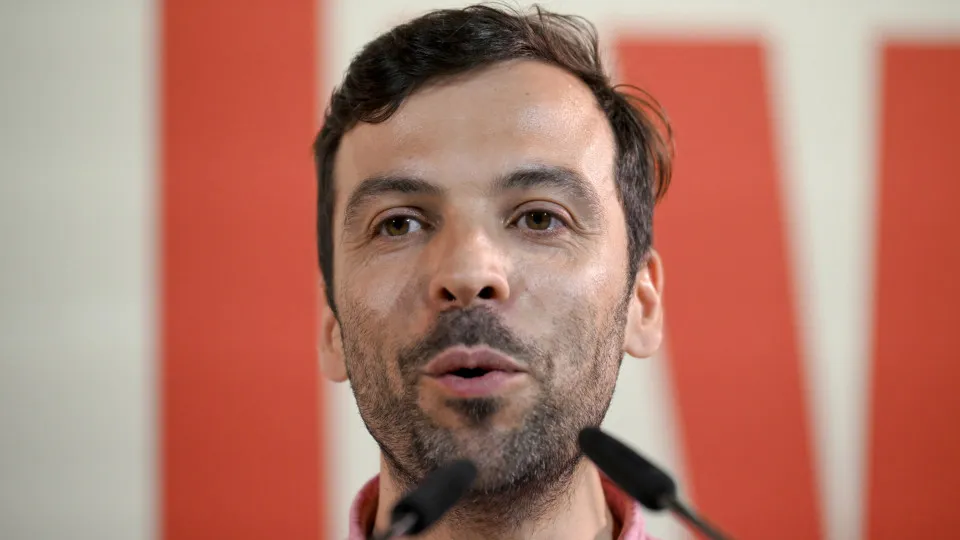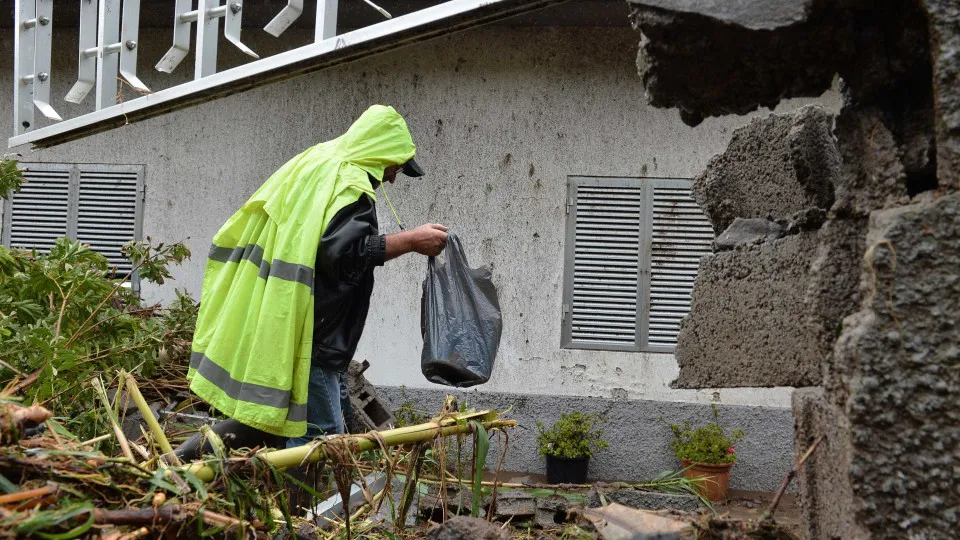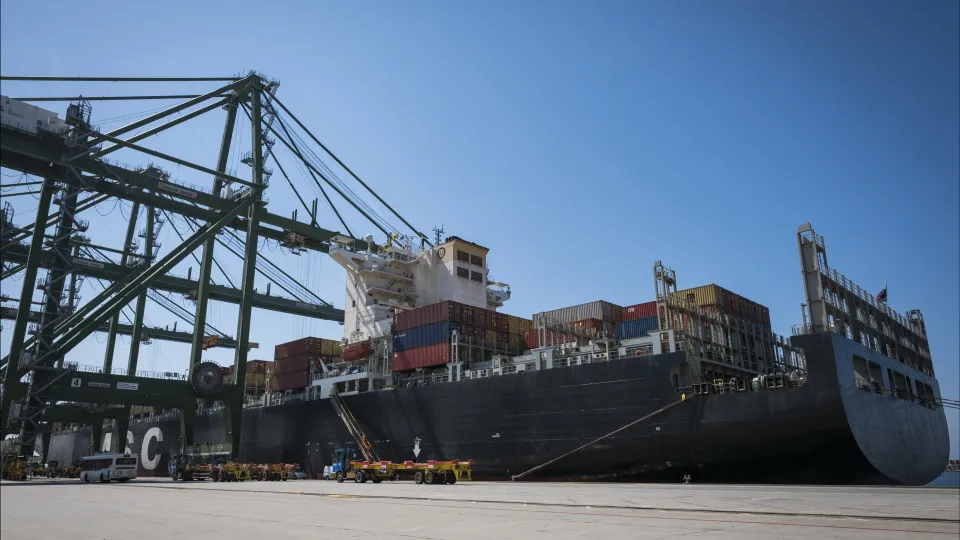The Portuguese Communist Party (PCP) has issued a scathing critique of the government’s perceived mismanagement of public services in the Setúbal Peninsula, highlighting a series of healthcare service closures. The Regional Organization of Setúbal (DORS) of the PCP claims that, despite governmental assurances of progress, the reality for residents paints a starkly different picture. Recent closures of emergency gynecology, obstetrics, and pediatrics departments in Barreiro, Almada, and Setúbal hospitals over successive weekends underscored the party’s concerns.
In a statement following its Monday meeting, DORS drew attention to the precariousness faced by pregnant women and families, who now rely on telephone triage for medical services. They were compelled to seek treatment outside the region during the latest weekend of hospital department closures, according to the party’s claims.
On the national healthcare landscape, the PCP accused the government of neglecting to commence construction of the Seixal Hospital. Instead, it argues, the government has opted to transfer control of the Almada Hospital and associated health units within the Local Health Unit (Unidade Local de Saúde, ULS) to private economic groups operating in the sector.
The PCP also criticized government policies relating to public transportation, citing continuous cuts and delays impacting the service. The party noted a lack of progress in acquiring new trains for the Fertagus line, coupled with overcrowding issues and poor service on the bridge 25 de Abril railway. These failures persisted despite the ongoing private concession agreement, which the PCP argues should have been renegotiated.
The government also faced criticism over its handling of the Setúbal/Troia ferry link. The PCP noted that the route remains privately operated and not included in the intermodal pass system. Furthermore, no action has been taken on the proposed third road-rail crossing over the Tagus River, connecting Chelas and Barreiro, according to the party.
The issue of housing was another focal point of the party’s grievances. The PCP highlighted that thousands of families live in substandard conditions, with an increasing number residing in temporary shanties. Many local authorities are stepping in to provide support, yet intervention from the Ministry of Education remains lacking on school maintenance issues, the party claimed.
Amidst protests from workers over stagnant wages and deteriorating living standards, the PCP expressed its belief that the government is prioritizing corporate interests over public welfare. The party labeled the current administration as a “management board for big capital’s interests.”







